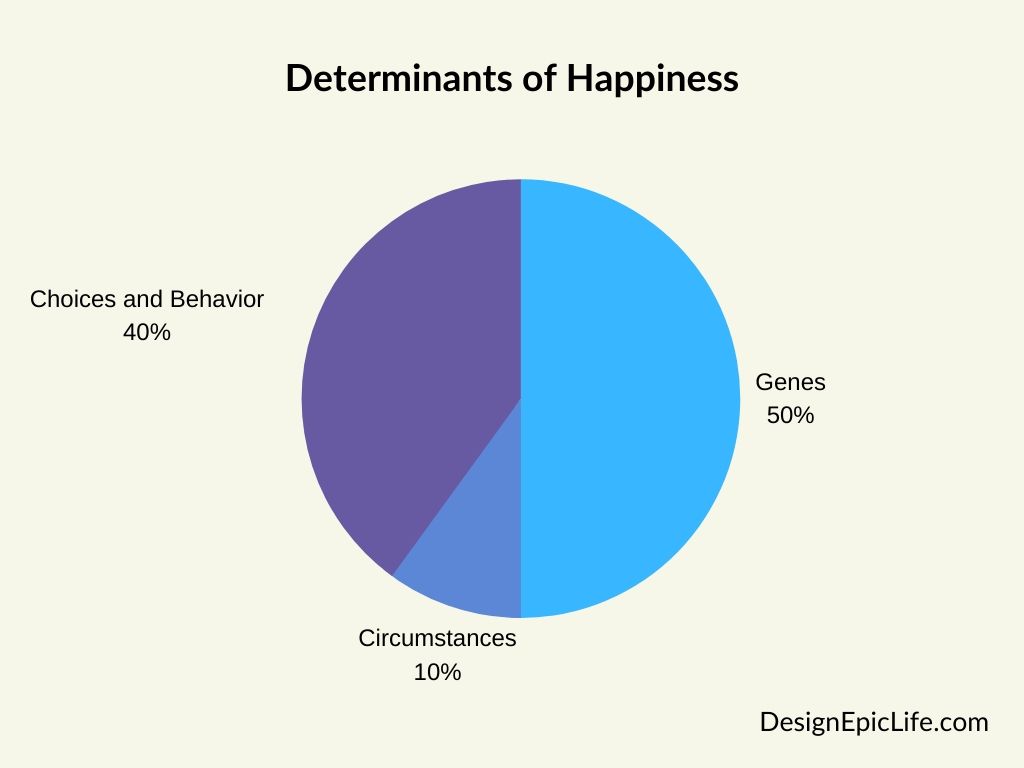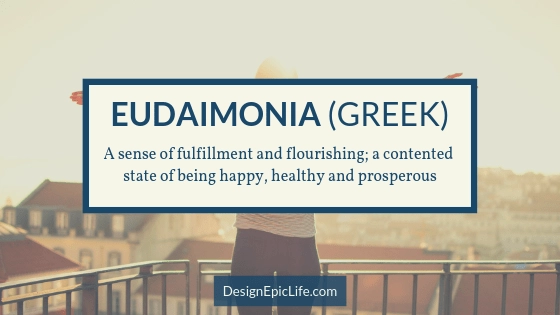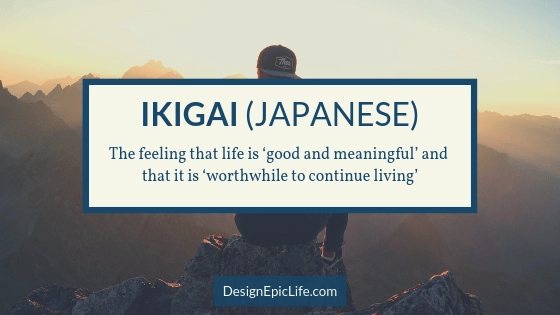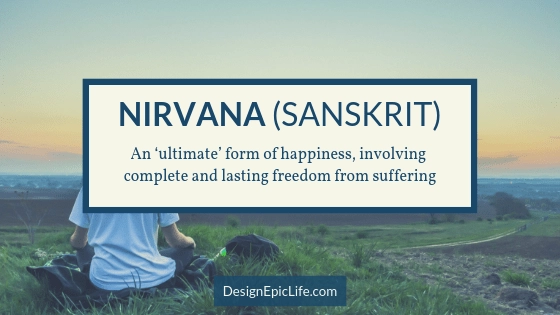“Why Am I Not Happy?” The Painful Reason You’re So Unhappy
You’re doing your best. You read articles on “how to be happy”. You try to balance your life. You try to achieve your goals. You try to stay positive. You do all those things, and yet you’re not happy.
You read the news and see all the tragic events happening around the world. You watch romantic comedies to set #relationshipgoals. You follow the rich and famous celebrities on social media. You do all those things, and then you’re unhappy.
Why is it so? Because statistically, you should be happy.
In their book, Age of Discovery, Ian Goldin and Chris Kutarn argue that we are experiencing the best time in human history. Childhood mortality has fallen dramatically. Life expectancy has risen more in the past 50 years than in the previous 1000 years. We face fewer diseases, and when we do get ill, we recover much faster. Global poverty has decreased while our individual lifestyle is much better on average. Technology has made our lives easier, we’re far safer, and we are overly well-fed.
Now you’re wondering… if today is the best time to be alive, why am I not happy?
Enter the G.I. Joe Fallacy. The old G.I. Joe cartoon’s tagline was “Knowing is half the battle”. But the professors at Yale University, Laurie Santos and Tamar Gendler claim that knowing is not half the battle.
We’re not good at predicting what will make us happy. We assume that the next promotion, a bigger house, a new car, or a soul mate will finally make us happy.
Sonja Lyubomirsky, the author of the book The How of Happiness, proposes the following distribution of what determines our happiness:
- 50% genes;
- 10% life circumstances (surprise!);
- 40% life choices and behaviors (i.e. your thoughts, actions, and attitudes).

Genes are not under your control, so let’s take that out of the equation.
As long as your basic needs are met, external circumstances won’t make affect your happiness much. Yet, most people try to become happier by changing their life circumstances.
New circumstances may boost or diminish your happiness in the short-term. But then you’ll return to your baseline level of happiness because of hedonic adaptation.
The Brutal Truth Behind Why You’re Unhappy
You may have heard of the studies that tell you how much money you need to improve life satisfaction and happiness. What those studies fail to consider is that the amount of money could be correlated to happiness, but it doesn’t mean it’s the causation.
You could make much more money and be happier, and you could also make less money and be happier.
Besides, they don’t even consider that how you make money is a major contributing factor. If one makes that money by selling all their life, sacrificing their health, and burning their relationships, good luck trying to be happy.
Happiness is complex. There aren’t just a few factors that will determine the level of your happiness. Happiness is like a recipe that needs the right ingredients and the right process. Some ingredients may be universal, while other ingredients would be personalized to you.
[mailerlite_form form_id=12]The problem arises when you rely on others to spoon-feed happiness to you when you don’t even know what they are feeding you. Just like anything, you must take responsibility for your own happiness.
Finding out what makes you happy is the first step. The second step is to bake your recipe. The third step is to taste and improve the recipe. And the last step is to know that ultimately, nothing will make you happy.
Ouch! Let me explain.
Why You Will Never Stay Happy
You want to lose weight, but you overeat.
You want to save money, but you overspend.
You want to live a balanced life, but you overwork.
You want to be happy, but you stay in a miserable relationship.
You do things that make you feel good because they give you instant relief.
And even when you delay gratification to be happy, you don’t really become happy. You move on to the next thing that will make you happy.
When you get that six-pack, you’ll want to gain mass on your booty.
When you balance all the areas of your life, you’ll want to work more because a social media influencer will tell you’re not working hard enough.
When you finally reach your financial goal, your desires will increase in proportion to that.
When you finally let go of your toxic relationship, you’ll crave that person and call it true love.
Desires and problems never stop. That’s how the human psyche works.
Now I know what you’re thinking. The solution is to love the process! Find meaning in suffering. Focus on gratitude. Practice loving-kindness.
Maybe — if you’re not doing that already. But even when you do that, you’ll be happy for a while, and then you’ll again become unhappy for some stupid reason, like a giant pimple on your face.
When that pimple goes away, you’ll find out you’ve been gaining weight.
When you get back in shape, you’ll find out that your partner is giving you a cold shoulder for not spending enough time with them.
When your partner becomes happy, you’ll find out that your boss or client isn’t satisfied.
And on and on and on.
You will never stay happy. Period.
The Law Of Happiness
We all know how gravity works. What goes up must come down. Happiness works in a similar way except when you’re clinically depressed. The ups are followed by downs, and the downs are followed by ups.
The problem is that we don’t respect the law. We want to stay high up without going into the depths. We don’t argue with the law of gravity, then why can’t we accept the law of happiness?
If we could only accept, surrender and love how happiness works, we’ll be content with its nature.
Now that you know that you’ll never live happily ever after, doesn’t it set you free? Happiness comes from knowing what makes you feel alive and what your truth is.
Greeks, Japanese, Chinese, and Buddhists have their own ways of expressing it, but they all inspire the same spirit.
Knowing yourself is the beginning of all wisdom.
Aristotle
Happiness is a lifelong pursuit of self-exploration. Everyone has their own path. If you spend your time finding and walking that path, you’ll live your truth. To me, living my truth is more rewarding than anything in the world.
It’s time you change the way you look at happiness. You don’t need happiness all the time to live an epic life. Live your life in such a way that happiness visits you often. You don’t cling to it. When it’s gone, you let it go. When you let it go, it comes back to you like a separated lover.
[mailerlite_form form_id=12]




